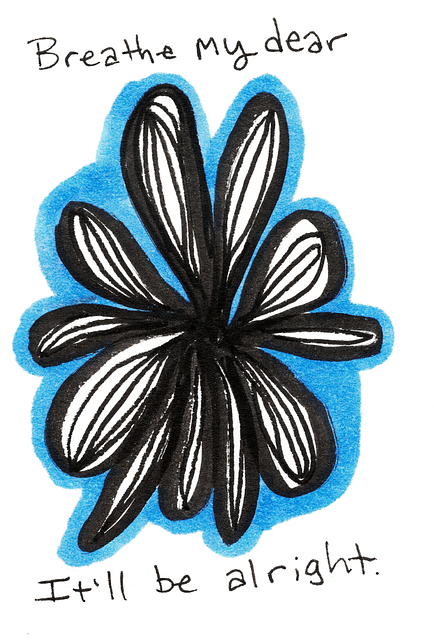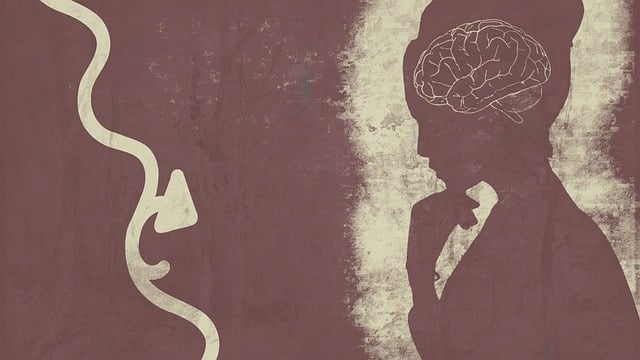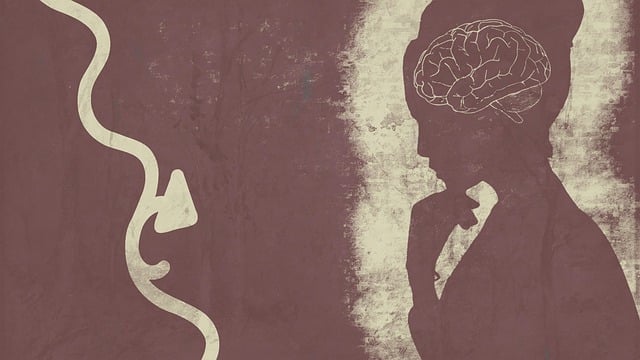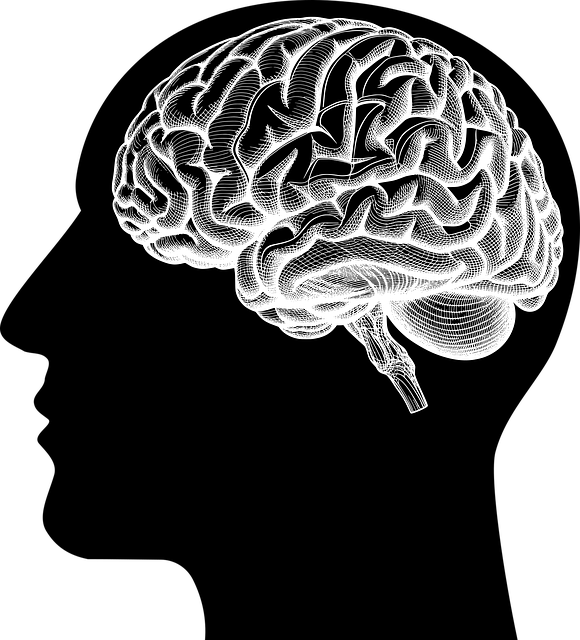The media's portrayal of mental illness significantly influences societal attitudes, with accurate depictions fostering empathy and reducing stigma. Simplistic or negative stereotypes in popular culture can trivialize conditions like depression and deter individuals from seeking support, such as Longmont Pain Management Therapy. Media platforms have a responsibility to challenge these stereotypes and advocate for nuanced, empathetic representations that normalize conversations about emotional well-being. Longmont Pain Management Therapy exemplifies responsible media engagement by promoting a holistic approach, inner strength development, and effective prevention strategies, thus reducing stigma and encouraging supportive environments.
In today’s media landscape, the representation of mental illness plays a pivotal role in shaping public perception. This article delves into the profound impact of media portrayals on mental health attitudes and offers solutions to challenge prevalent stereotypes. We identify common misconceptions in popular culture, emphasizing the need for accurate and empathetic depictions. A case study featuring Longmont Pain Management Therapy highlights responsible media representation, showcasing how storytelling can foster understanding and reduce stigma. By exploring these strategies, we aim to revolutionize media’s role in mental health discourse.
- Understanding the Impact of Media Portrayal on Mental Health Perception
- Identifying Stereotypes and Misconceptions in Popular Culture
- Strategies for Accurate and Empathetic Mental Illness Representation
- Longmont Pain Management Therapy: A Case Study in Responsible Media Depiction
Understanding the Impact of Media Portrayal on Mental Health Perception

The media’s portrayal of mental illness significantly shapes societal perceptions and can either promote understanding or perpetuate harmful stereotypes. Positive media representation can foster public awareness campaigns that encourage empathy, reduce stigma, and inspire individuals to seek Longmont Pain Management Therapy or other support services. It plays a crucial role in normalizing conversations about emotional healing processes and offering a glimpse into the diverse experiences of those living with mental health challenges.
On the flip side, negative or inaccurate depictions can lead to a misrepresentation of mental illness, impacting how individuals understand and respond to their own struggles. This is particularly concerning given the high prevalence of depression and other mental health disorders. Therefore, media platforms have a responsibility to portray these issues authentically, contributing to effective Depression Prevention strategies and promoting better access to resources like those offered by specialized therapy centers.
Identifying Stereotypes and Misconceptions in Popular Culture

In popular culture, mental illness is often reduced to simplistic stereotypes that fail to capture the complexity and diversity of human experience. From dramatic depictions of “crazed” individuals to lighthearted, almost trivialized representations, these tropes perpetuate misconceptions and hinder understanding. The media’s role in shaping public perception cannot be overstated, especially when it comes to issues related to mental health. For instance, portraying someone with depression as merely sad or anxious can contribute to the Longmont Pain Management Therapy misconception that such conditions are simply a matter of willpower or emotional weakness.
These stereotypes not only oversimplify but also often rely on fear-mongering and sensationalism. They may depict mental illness as an inevitable, debilitating force without any hope for recovery or improvement. Such narratives fail to represent the wide range of experiences, treatment options, and potential paths to mental wellness. As a result, they can create or reinforce the mental illness stigma, making it harder for individuals to seek crisis intervention guidance and support when needed. Therefore, it is crucial to challenge these stereotypes and work towards more nuanced, accurate representations in media to facilitate mental illness stigma reduction efforts.
Strategies for Accurate and Empathetic Mental Illness Representation

Media plays a significant role in shaping societal perceptions about mental health. To challenge stereotypes and promote understanding, accurate and empathetic representation is crucial. This involves employing strategies that go beyond mere portrayal; it’s about showcasing the humanity behind the illness. Longmont Pain Management Therapy, for instance, highlights the importance of nuanced storytelling where individuals with mental health conditions are depicted as complex characters with unique experiences, rather than reduced to their diagnosis.
Promoting positive thinking and mind over matter principles can be a part of these strategies. By incorporating empathy-building strategies in narratives, media can foster deeper understanding and connection. This includes showing the struggles faced by individuals, their coping mechanisms, and the support systems that aid recovery, all while ensuring sensitive handling of topics related to mental health. Such representations encourage viewers to approach these issues with open hearts and minds, potentially leading to increased awareness and reduced stigma.
Longmont Pain Management Therapy: A Case Study in Responsible Media Depiction

The media’s portrayal of mental illness can significantly impact public perception and understanding. Take, for instance, Longmont Pain Management Therapy, a case study in responsible media depiction. This therapy center has been at the forefront of challenging stereotypes and promoting accurate representation by showcasing the holistic approach to treating mental health conditions. By emphasizing the importance of inner strength development, they’ve made strides in mental illness stigma reduction efforts.
In an era where burnout is a prevalent concern among healthcare providers, Longmont Pain Management Therapy also highlights effective strategies for preventing professional exhaustion. Their commitment to responsible media engagement has not only enlightened patients but also encouraged more nuanced conversations about mental health, ultimately fostering a supportive environment for those seeking therapy.
Media representation plays a pivotal role in shaping public understanding of mental health. By challenging stereotypes and adopting empathetic strategies, such as exemplified by Longmont Pain Management Therapy, media can contribute significantly to destigmatization. Accurately portraying mental illness not only educates the public but also fosters compassion and support for those struggling with their mental well-being. It is through these responsible depictions that we can navigate towards a more inclusive and understanding society.














